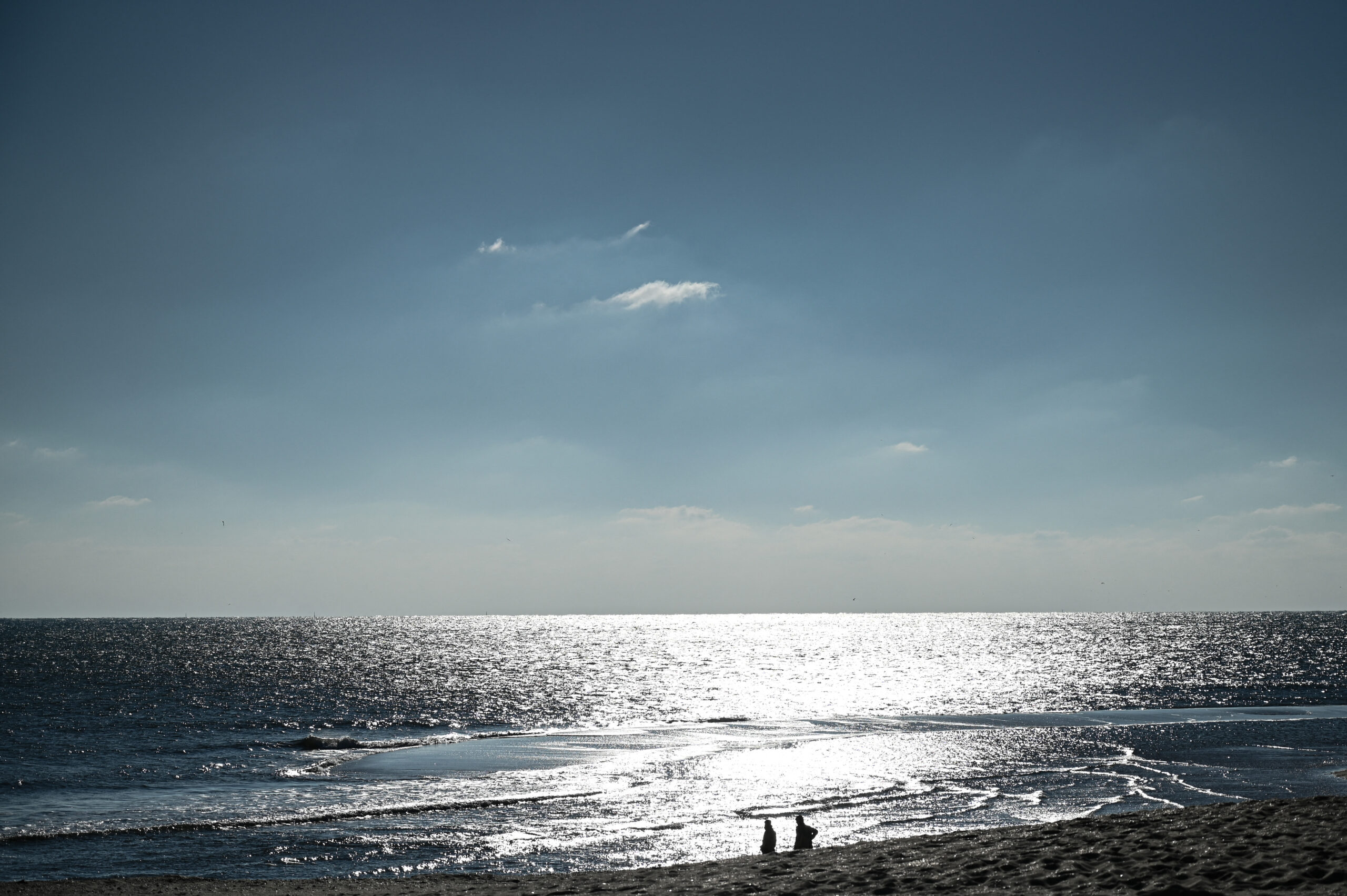Bad news for those who thought the climate crisis was going away: Scientists have found indications that the Gulf Stream is in danger of shutting down, the Atlantic current responsible, among other things, for supplying heat to the West in Europe. But its impact goes beyond that. Power outages will also have severe consequences for large areas of Asia, South America and West Africa outside of Europe.
The bad news is exemplified by the calculations of German climate scientist Niklas Boerse, published in the scientific journal Nature Climate Change. Previously, scientists had found that the flow hasn’t been this slow in the past 1,600 years, but the new research shows that “stability has completely disappeared this century.” This instability raises the fear that the flow may stop completely.
The fact that a power outage is not alarming in itself. Throughout history, the Gulf Stream has taken two forms, one active and one passive. The latter was there, for example, during the ice ages. The worrying thing is that, according to climate models, time is still far from a new dormant period. The fact that this is happening at this speed is entirely man-made. Human-driven global warming is causing so many glaciers and sea ice to melt, that a relatively large amount of fresh water ends up in the ocean. The more fresh water, the slower the Gulf Stream.
Slowing down more than that or even coming to a complete standstill will be accompanied by severe weather. In Europe, this will mainly be in the form of a prolonged cold period in which the number of storms will also increase. To the south, it means much less rainfall in West Africa, South America and even India, which is essential for the food supply in those regions. Sea levels will rise along the eastern coast of the United States, causing seawater to flow inland. Climate change is likely to have severe consequences for both the Amazon rainforest and the ice in Antarctica.
It is by no means the recently discovered first sign of potentially irreversible destruction of Earth as a human habitat. In May this year, Bowers and his colleagues warned that much of Greenland’s ice is about to melt, causing a significant rise in sea level. As it turns out this year, the Amazon rainforest, also known as the lungs of the Earth, is now emitting more carbon dioxide than it can absorb. Last year, a man-made heat wave in Siberia released a large amount of methane.
Whether the Gulf Stream will actually come to a complete standstill, and if so, when, the Boers can’t say. But the road has certainly begun. It remains to be seen whether the reduction in CO2 emissions as stipulated in the Paris climate agreement is sufficient. Bowers: The only thing we can do is keep emissions as low as possible. The chance of such a catastrophic event increases with every gram of carbon dioxide we put into the atmosphere.

Devoted music ninja. Zombie practitioner. Pop culture aficionado. Webaholic. Communicator. Internet nerd. Certified alcohol maven. Tv buff.

